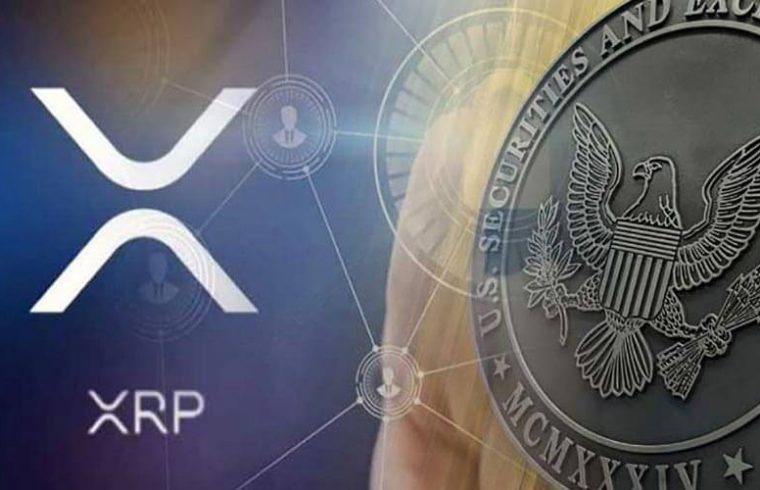The XRP SEC news has been pivotal in shaping the cryptocurrency’s market dynamics, highlighting the ongoing legal battles and regulatory scrutiny facing Ripple Labs. It underscores the complex interplay between innovation and regulation in the crypto space.
In recent years, the cryptocurrency market has witnessed unprecedented growth, with digital currencies like XRP gaining significant attention from investors and enthusiasts alike. However, this rapid expansion has also brought increased regulatory scrutiny, particularly from the United States Securities and Exchange Commission (SEC). The XRP SEC news has become a focal point for discussions on regulatory compliance and the future of cryptocurrency innovation, as Ripple Labs, the company behind XRP, faces legal challenges that could set precedents for the entire industry.
The SEC’s lawsuit against Ripple Labs, filed in December 2020, alleges that the company conducted an unregistered securities offering by selling XRP, which the SEC deems a security rather than a currency. This distinction is crucial, as it determines the regulatory framework applicable to XRP and similar cryptocurrencies. The outcome of this legal battle is keenly watched by the crypto community, as it could have far-reaching implications for the classification and regulation of digital assets.
The XRP SEC news has had a tangible impact on the cryptocurrency’s market performance. Following the lawsuit’s announcement, several cryptocurrency exchanges delisted XRP, leading to a significant drop in its price and market capitalization. This move underscored the influence of regulatory actions on the crypto market and highlighted the need for clear regulatory guidelines for cryptocurrencies.
Despite the legal challenges, Ripple Labs has maintained that XRP should not be classified as a security. The company argues that XRP is a currency and a medium of exchange, used by various financial institutions for cross-border transactions and liquidity management. Ripple’s defense centers on the premise that XRP operates independently of the company and should therefore not be subject to securities regulations.
The XRP SEC news also brings to light broader issues regarding cryptocurrency regulation in the United States. The lack of clear regulatory guidelines for digital assets has been a point of contention within the crypto industry. Advocates argue that clear and fair regulations are necessary to foster innovation, protect investors, and maintain the United States’ position as a leader in the global cryptocurrency market.
As the legal proceedings between Ripple Labs and the SEC continue, the crypto community awaits with bated breath. The resolution of this case could provide much-needed clarity on the regulatory status of cryptocurrencies and pave the way for more comprehensive regulatory frameworks. It could also influence how other regulatory bodies worldwide approach the classification and regulation of digital assets.
In conclusion, the XRP SEC news highlights the complex relationship between cryptocurrency innovation and regulatory compliance. As the legal battle unfolds, it serves as a reminder of the evolving nature of financial markets and the need for regulations that balance innovation with investor protection. The outcome of the Ripple Labs lawsuit will undoubtedly have a lasting impact on the cryptocurrency industry, potentially shaping the regulatory landscape for years to come.












